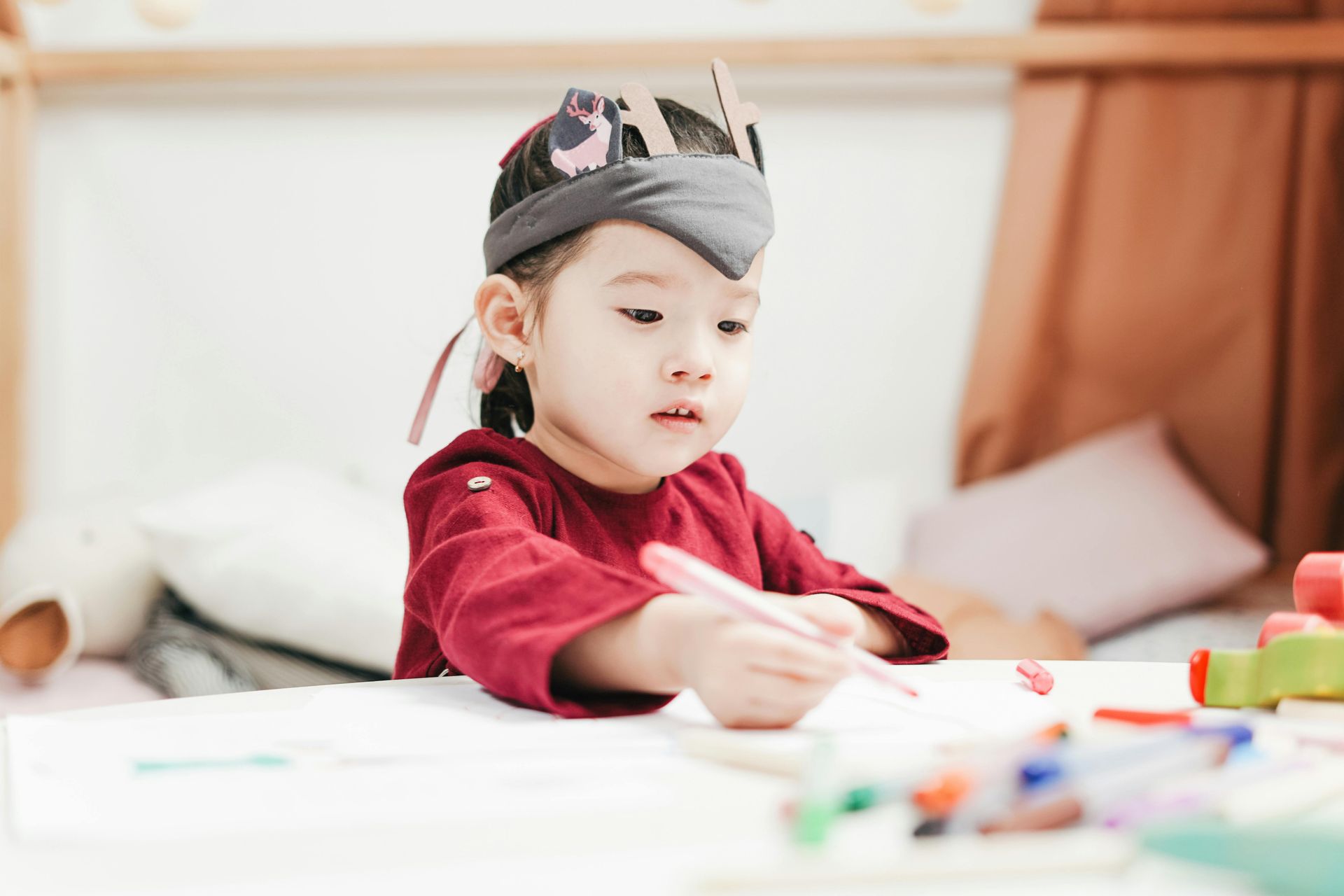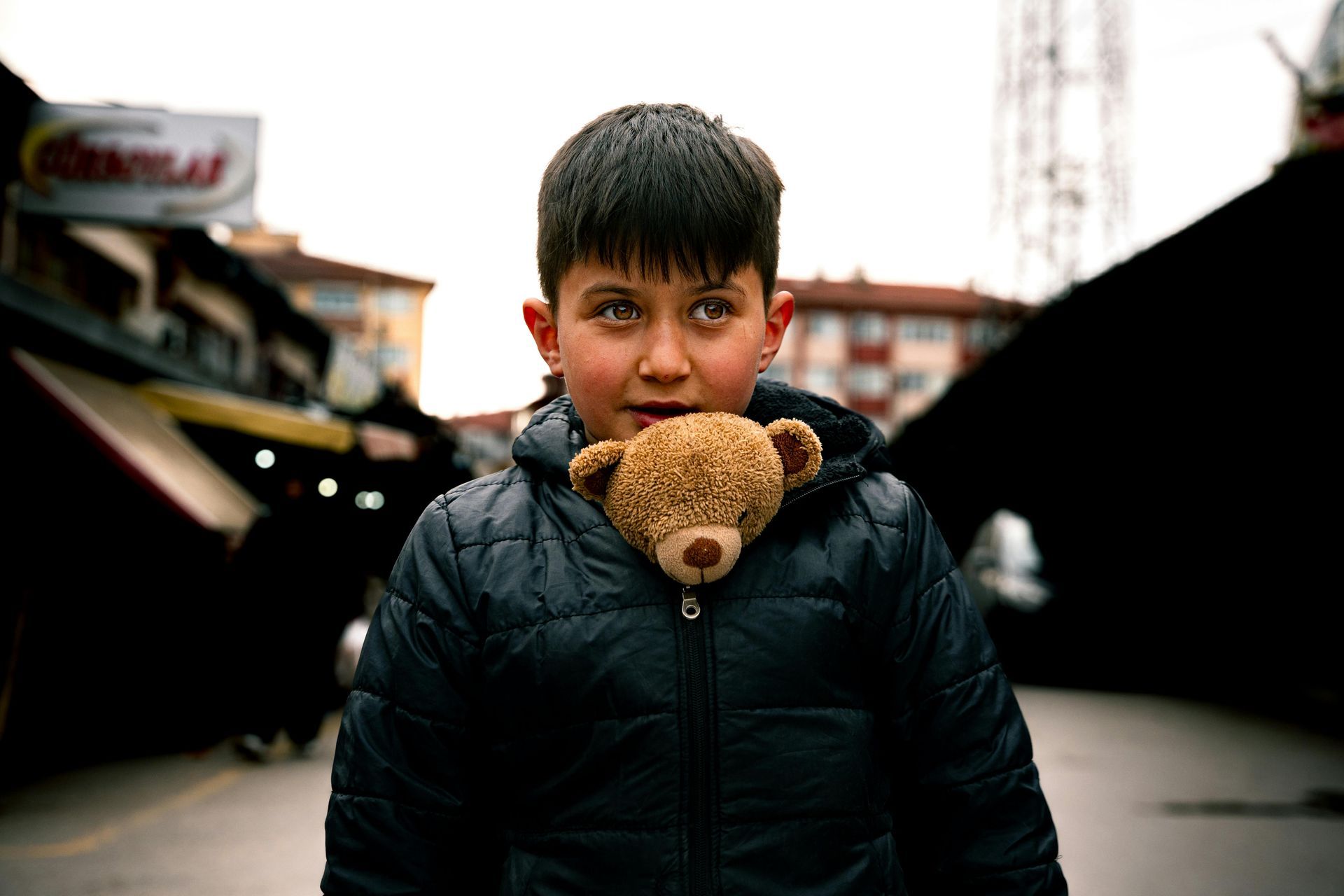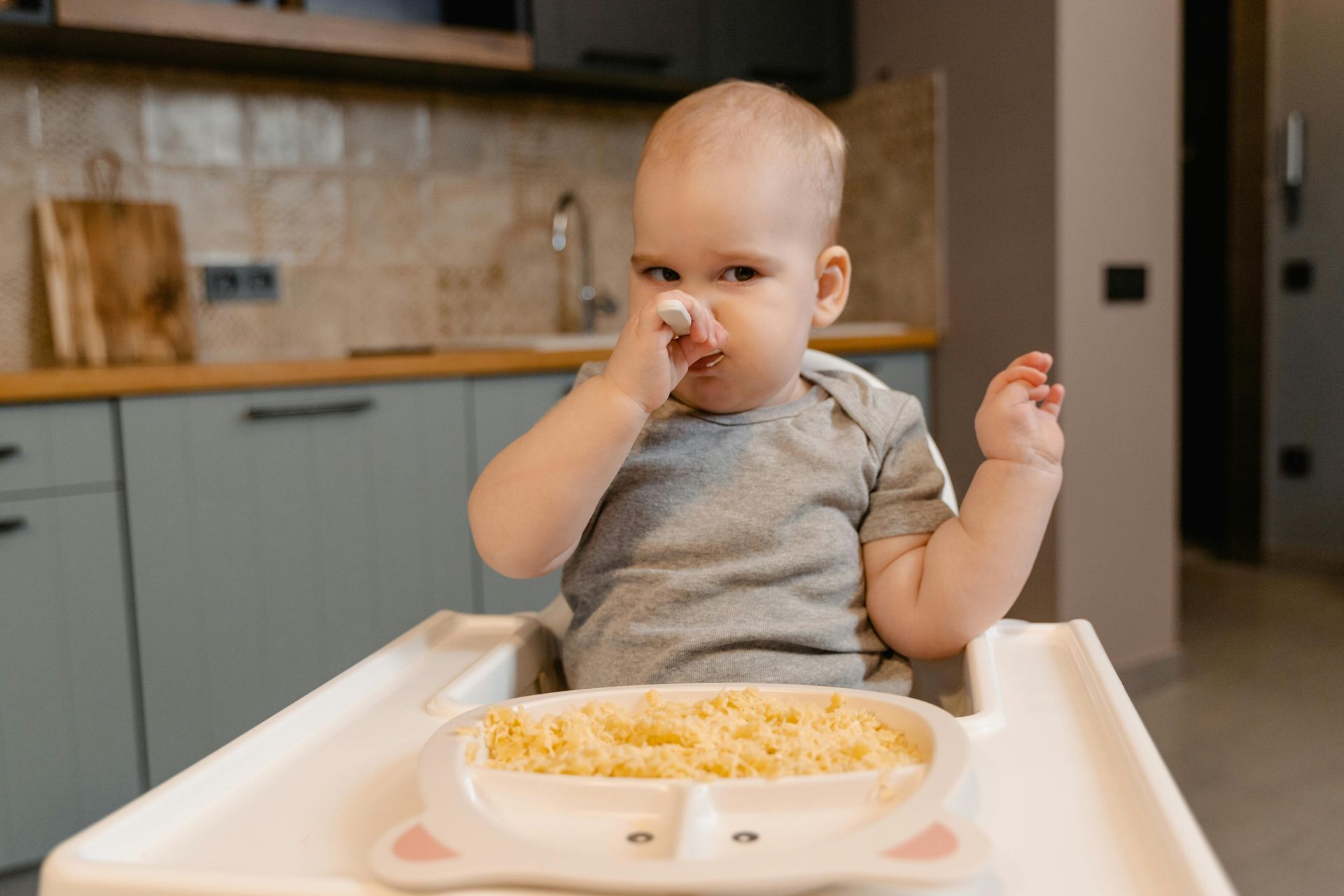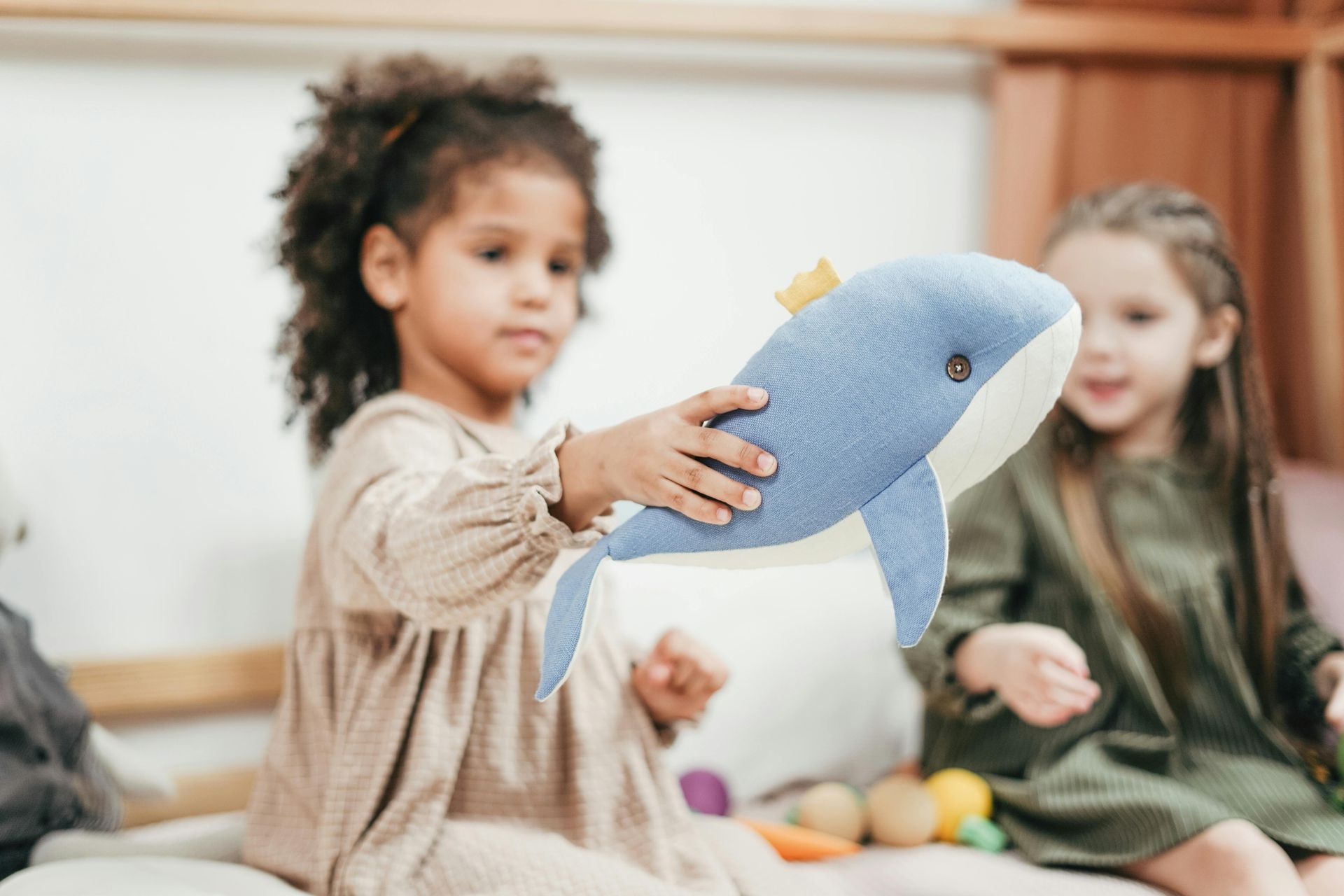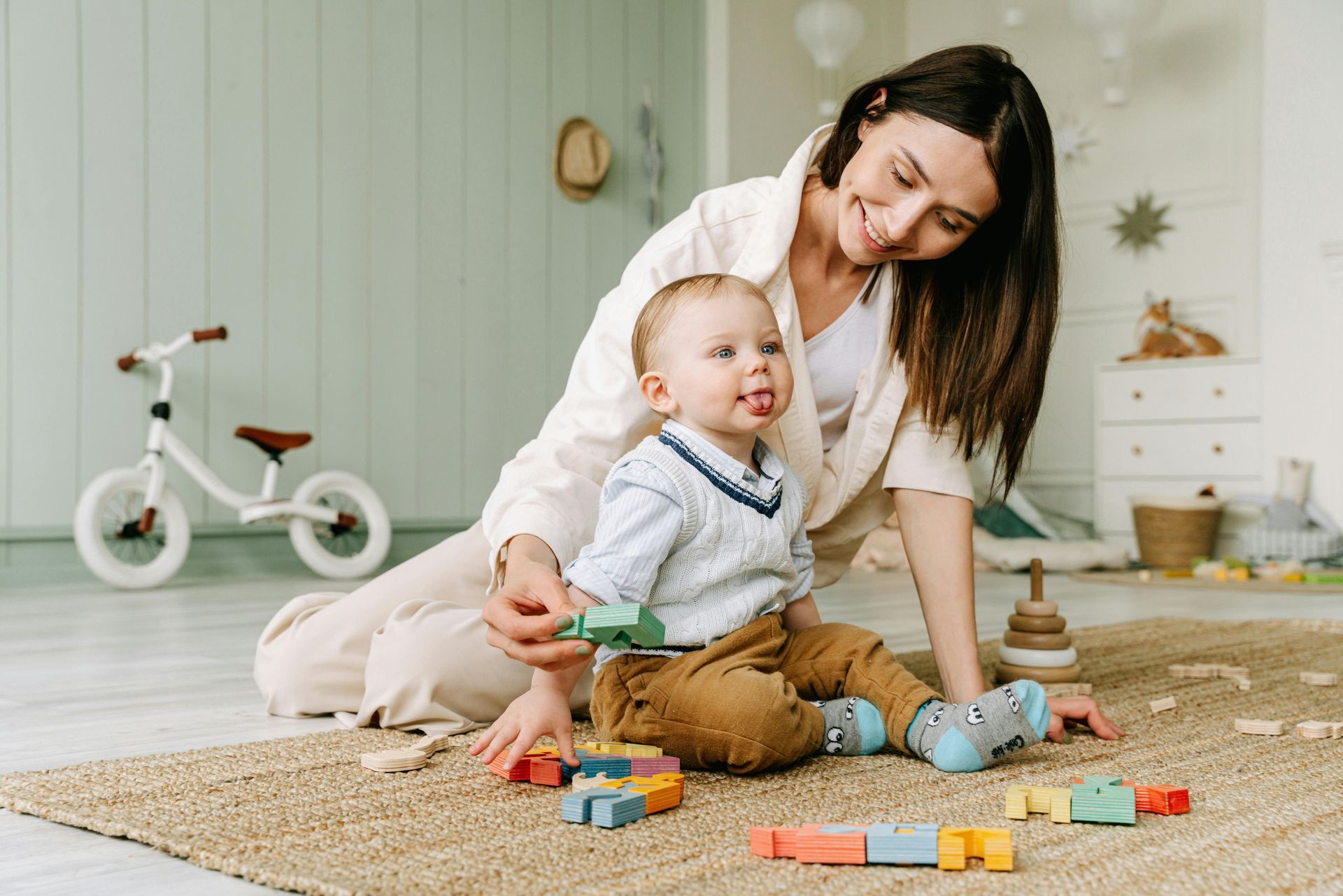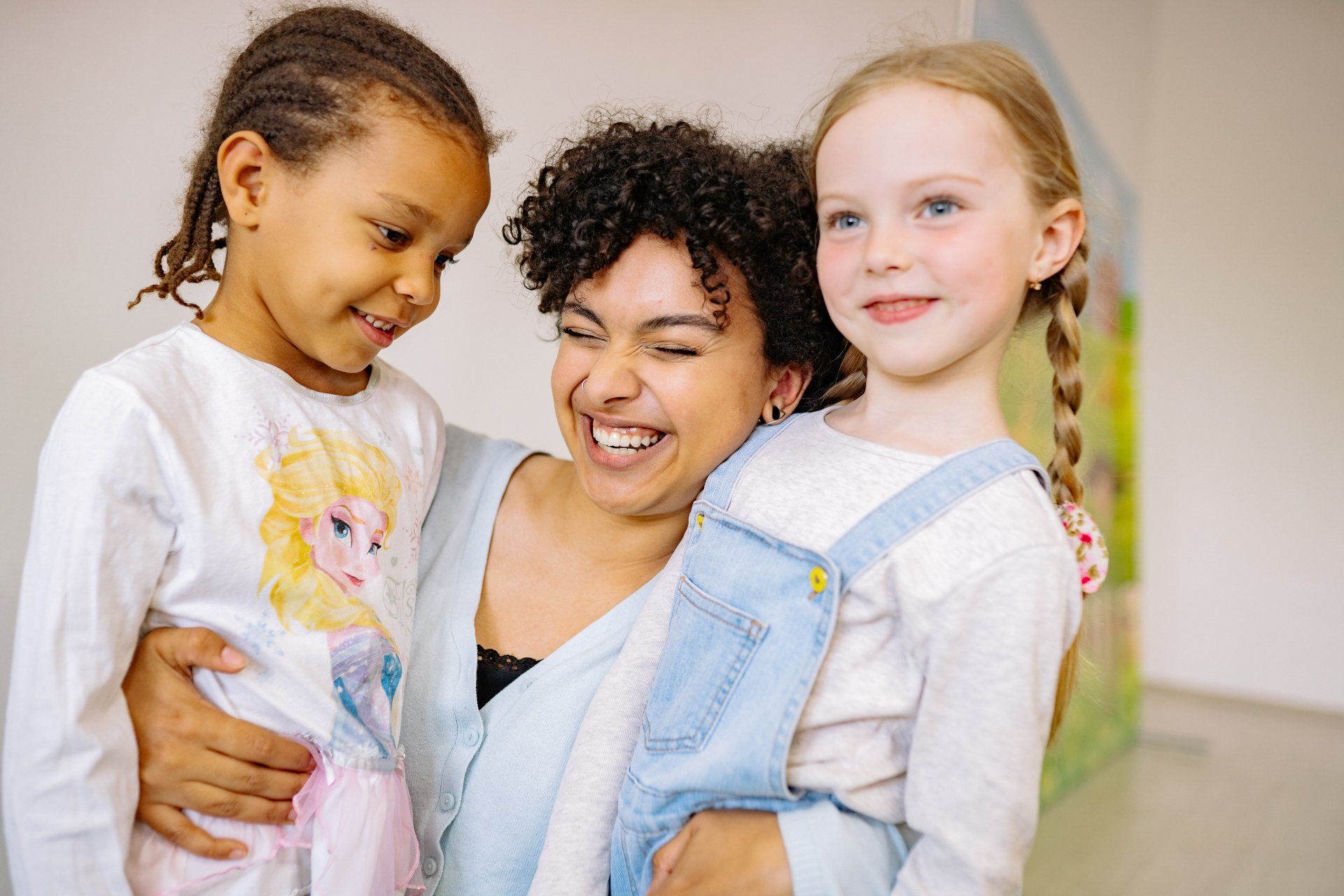Welbourne’s Approach to Positive Discipline and Emotional Guidance
Discipline in early childhood should never be about punishment. At Welbourne Avenue Nursery, we embrace a positive, respectful approach to behavior guidance that helps children understand their emotions, build empathy, and make good choices — not out of fear, but from a place of self-awareness and care for others.
Understanding Behavior as Communication
Young children are still learning how to express themselves. What may look like “bad behavior” is often a child’s attempt to meet a need, seek connection, or cope with a feeling they don’t yet know how to manage.
We train our educators to look beyond the behavior and ask: What is the child trying to communicate? This mindset allows us to respond with compassion and support rather than punishment or shame.
Key Strategies We Use
- Clear, Consistent Expectations
Children feel safe when they know what to expect. We use simple language, visual cues, and consistent routines to help children understand boundaries. - Modeling Respectful Communication
Children learn how to treat others by watching the adults around them. We model calm, respectful interactions even in moments of conflict, showing children that strong feelings can be managed without hurtful words or actions. - Naming Emotions
We help children build emotional literacy by naming their feelings: “You seem frustrated because the toy isn’t working the way you want it to.” Naming emotions helps children recognize and manage them more effectively. - Teaching Problem-Solving Skills
When conflicts arise — as they naturally do in early childhood — we guide children through the process of solving them together. We ask questions like, “What happened? What do you need? What can we do to make it better?” - Redirection
Instead of simply saying “no,” we offer positive alternatives. If a child is throwing blocks, we might say, “Blocks are for building. If you want to throw something, let’s try these soft balls outside.” - Reflection and Repair
When a child makes a mistake, we treat it as a learning opportunity. We talk through what happened and explore how to make amends — whether by saying sorry, helping a friend, or trying again with support.
Partnering with Families
We know that every child is unique, and every family brings their own values and experiences. We communicate regularly with parents about behavioral goals and strategies, ensuring consistency between home and school.
We also offer resources, workshops, and one-on-one support for families seeking guidance on behavior and discipline.
